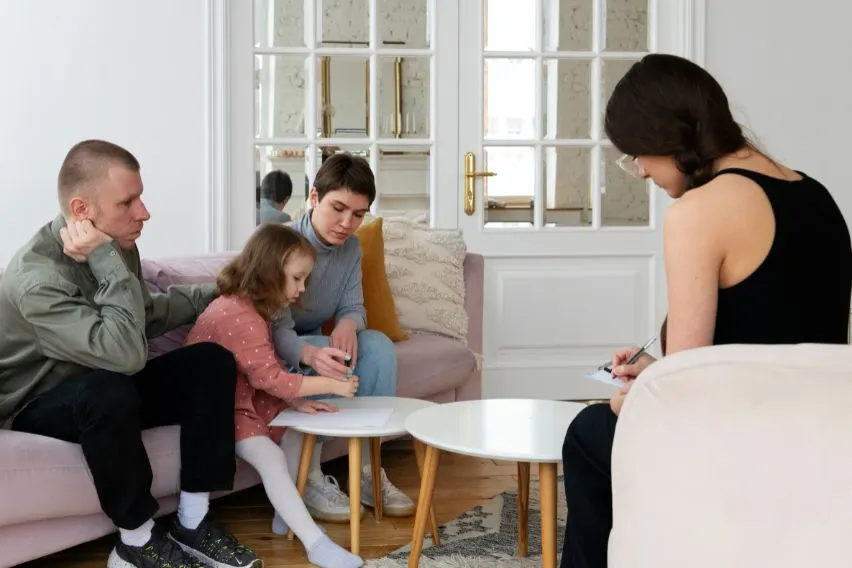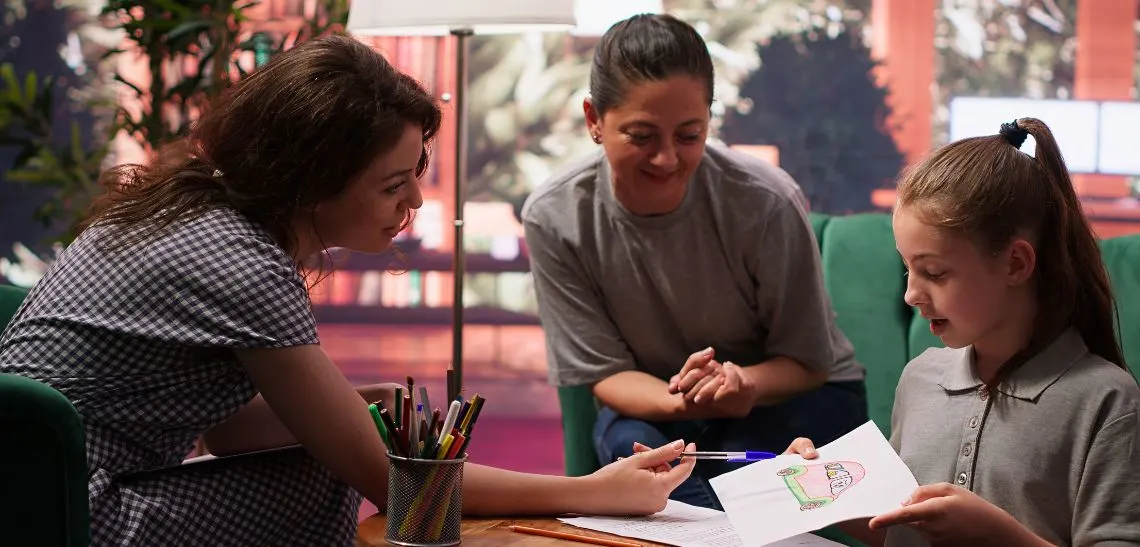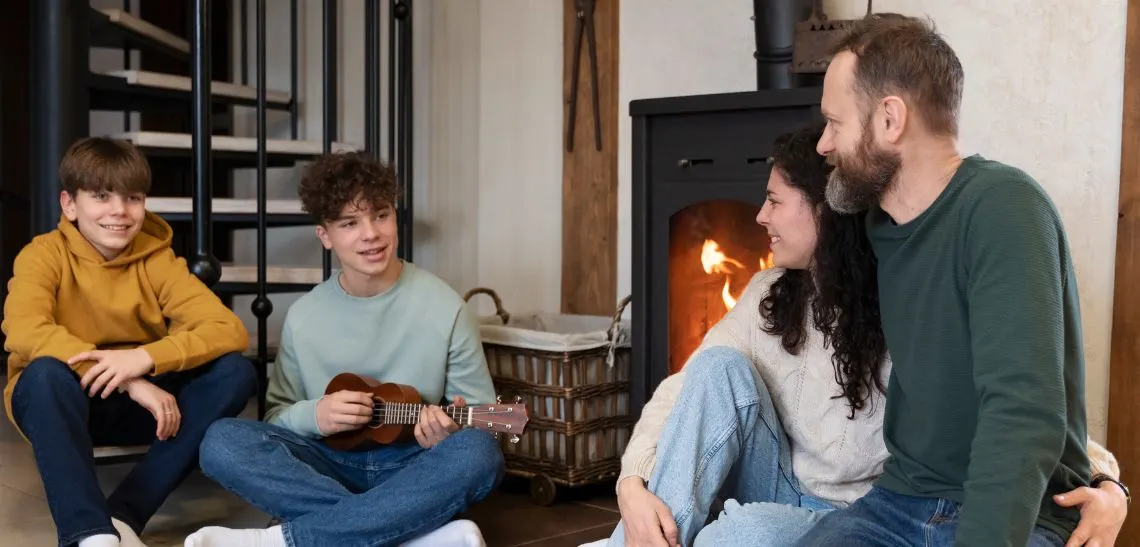
Therapeutic vs Traditional Foster Care in Oklahoma: Key Differences Explained
Understanding the Two Main Types of Foster Care
Foster care isn’t one-size-fits-all. Across Oklahoma, hundreds of children enter the system each year, each with unique emotional histories, behavioral needs, and family backgrounds. Because of that diversity, foster care is divided into different categories primarily traditional and therapeutic.
While both types of care share a common mission of providing children with safety, stability, and compassion the level of training, structure, and support involved can differ dramatically. Knowing the difference can help families decide what kind of fostering experience is right for them.
What Is Traditional Foster Care?
Traditional foster care is what most people think of when they hear the term “foster care.” It’s designed for children who need temporary placement due to circumstances like neglect, parental illness, or unsafe home environments, but who don’t have major therapeutic or behavioral needs.
Foster parents in traditional programs provide a safe, loving environment until reunification with biological family, adoption, or another permanent plan can be arranged.
Traditional foster care parents are trained and licensed through the Oklahoma Department of Human Services (OKDHS) or a private foster care agency in Oklahoma. Training covers basic parenting skills, trauma awareness, safety procedures, and reporting requirements.
These foster parents play a crucial role in helping children adjust to change, attend school consistently, and maintain normal routines that foster security and trust.
Typical Characteristics:
- Basic foster parent certification (OKDHS-approved training)
- Children typically have mild or no behavioral/emotional challenges
- Moderate agency involvement (monthly home visits, caseworker contact)
- Primary focus: reunification or short-term stability

What Is Therapeutic Foster Care (TFC)?
Therapeutic foster care, sometimes called treatment foster care, is a more structured, specialized form of placement designed for children with emotional, developmental, or behavioral challenges.
These children may have experienced severe trauma, abuse, neglect, or multiple placement disruptions. As a result, they require higher levels of supervision, consistency, and trauma-informed care.
Foster parents in therapeutic programs are not just caregivers, they are trained partners in a child’s healing process. They work closely with therapists, caseworkers, and treatment teams to implement behavior plans and coping strategies.
Typical Characteristics:
- Advanced training (crisis management, de-escalation, trauma response)
- Smaller child-to-home ratios (often one or two children per home)
- Frequent agency support visits and clinical supervision
- Integrated care team (therapist, social worker, behavioral specialist)
- Higher monthly stipends to compensate for increased responsibilities
Therapeutic foster care in Oklahoma is often facilitated by specialized agencies such as Open Arms Foster Care, which focus on trauma-informed practices and individualized child support.
The Core Differences Between Therapeutic and Traditional Care
While both models share the same foundation of love and structure, the distinction lies in the depth of care provided and the level of support available.
| Category | Traditional Foster Care | Therapeutic Foster Care |
|---|---|---|
| Training | Basic DHS certification | Advanced trauma & behavior management training |
| Child Needs | Mild to moderate | Moderate to severe emotional/behavioral needs |
| Team Support | Caseworker visits monthly | Weekly contact + therapeutic team |
| Household Ratio | Up to several children | Usually 1–2 children |
| Compensation | Standard state rate | Enhanced rate for specialized care |
| Goal | Stability and reunification | Healing and emotional regulation alongside permanency |
| Agency Involvement | Moderate | High, ongoing collaboration |
In essence, therapeutic care adds structure and clinical oversight to traditional fostering. It transforms the home into a bridge between family life and professional treatment something many children in crisis need to rebuild trust and emotional safety.

Why Therapeutic Foster Care Is Growing in Oklahoma
Oklahoma has seen a steady increase in children requiring therapeutic-level placements over the past decade. Many have histories of complex trauma or behavioral health diagnoses like PTSD, ADHD, or attachment disorders.
Therapeutic foster care programs step in where traditional foster homes might not have the tools or training to manage such challenges. These homes offer the personalized attention and therapeutic consistency that institutional settings often can’t replicate.
Moreover, with ongoing mental health awareness in Oklahoma, more agencies are adopting trauma-informed practices that blur the line between home life and therapy. The focus is on healing relationships, not just managing behavior.
The Foster Parent Experience—Two Different Journeys
For foster parents, the difference between traditional and therapeutic care is not about love, it’s about capacity and preparation.
A traditional foster parent may juggle school pickups, homework, and sibling visits while a therapeutic parent might spend evenings completing behavioral documentation or collaborating with a child’s therapist.
One foster mom in Tulsa described her transition from traditional to therapeutic care as “learning to parent with a clinical mindset.” She loved both roles, but the latter required her to think like part of a treatment team, not just a caregiver.
Both experiences are deeply rewarding. The key is knowing your limits and your motivation. If you’re patient, emotionally grounded, and eager to learn new skills, therapeutic care can be an incredible way to make a lasting difference in a child’s life.
How Foster Care Agencies Support Families
Whether you choose traditional or therapeutic care, the agency you partner with will shape your success. Reliable foster care placement services in Oklahoma provide:
- 24/7 support lines for crisis calls
- Regular check-ins and home visits
- Training opportunities and continuing education
- Access to counseling or respite services
- Peer support groups for foster parents
Therapeutic programs often go even further offering family therapy, behavioral coaching, and child-specific treatment plans. Agencies like Open Arms Foster Care emphasize hands-on support and communication, ensuring foster parents never feel isolated or underprepared.
Short Q & A: Foster Care in Oklahoma
What kind of children are placed in therapeutic foster care?
Children who have experienced severe trauma, multiple placements, or mental health challenges such as anxiety, aggression, or attachment difficulties often qualify for therapeutic programs.
Can I start as a traditional foster parent and move into therapeutic care later?
Yes. Many families begin with traditional fostering and transition into therapeutic care after gaining experience and additional training.
Do therapeutic foster parents need a professional background in psychology or social work?
Not necessarily. Agencies provide the specialized training required. What matters most is emotional stability, patience, and a willingness to learn.
Is compensation higher for therapeutic foster parents?
Yes. Because the level of care and supervision is more intensive, therapeutic foster parents receive a higher reimbursement rate.
Which program is right for me?
It depends on your comfort level, availability, and household dynamics. An agency representative can help assess your readiness and match you with a program that fits your strengths.

Final Thoughts
Both traditional and therapeutic foster care are vital to Oklahoma’s child welfare system. One provides stability and nurturing for children in transition; the other provides healing and structure for children working through deep emotional wounds.
No matter which path you choose, fostering is one of the most impactful ways to change a child’s life and your own. If you are considering it, reach out to a foster care agency in Oklahoma like Open Arms Foster Care to learn more about available training, support, and next steps.
Because at the end of the day, foster care is not about labels, it’s about opening your heart, your home, and your time to a child who needs both.
Tags:
Openarms Fostercare
Related Posts

How Trauma Affects Foster Children at Different Ages
How Does Trauma Show Up Differently in Foster Children at Different Ages? “Is this behavior normal for their age — or is it trauma?” The…
Read More
Why Ongoing Support Matters for Foster Parents
Why Ongoing Support Matters for Foster Parents Long After a Child Is Placed When a foster child is placed in a home, there is often…
Read More
